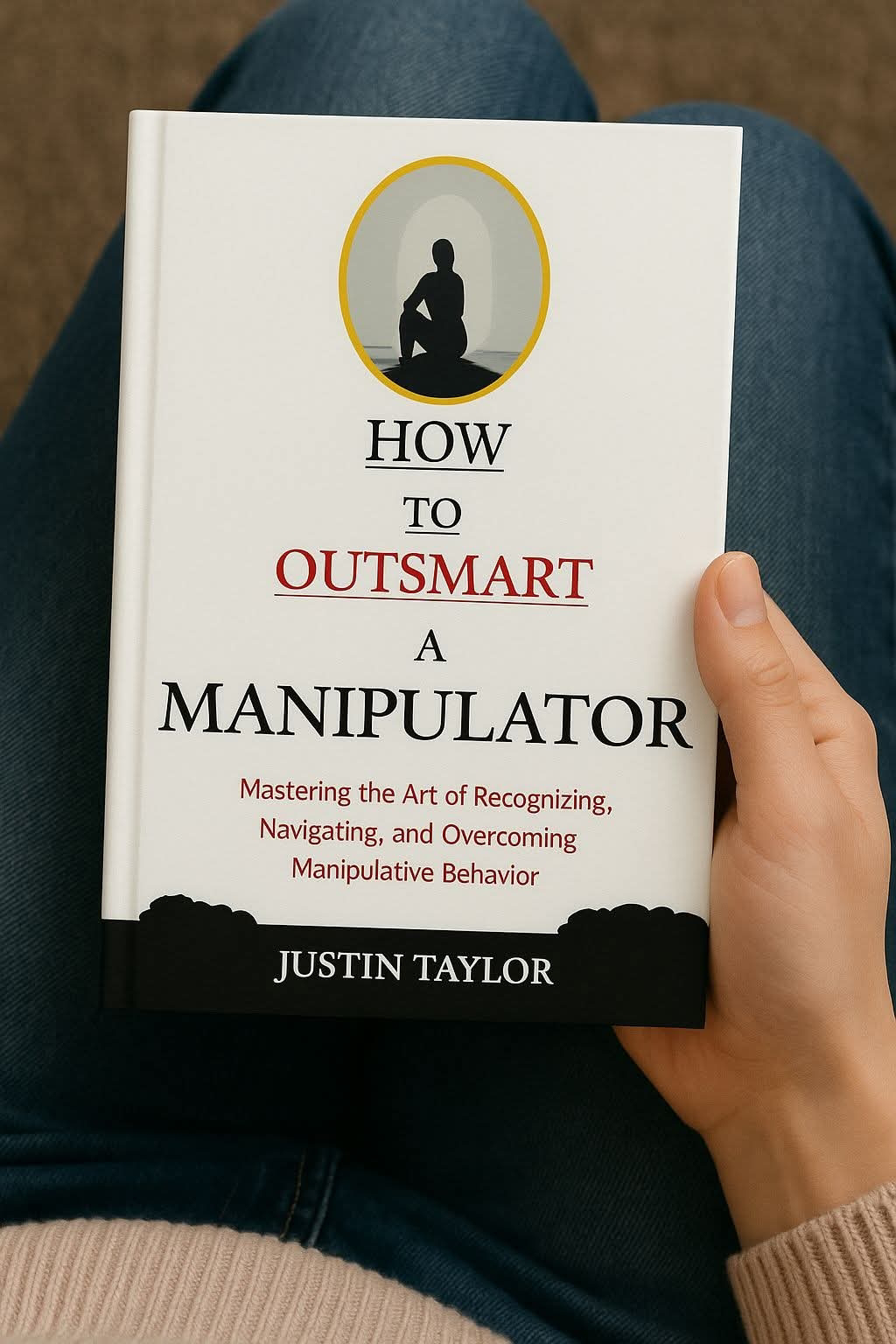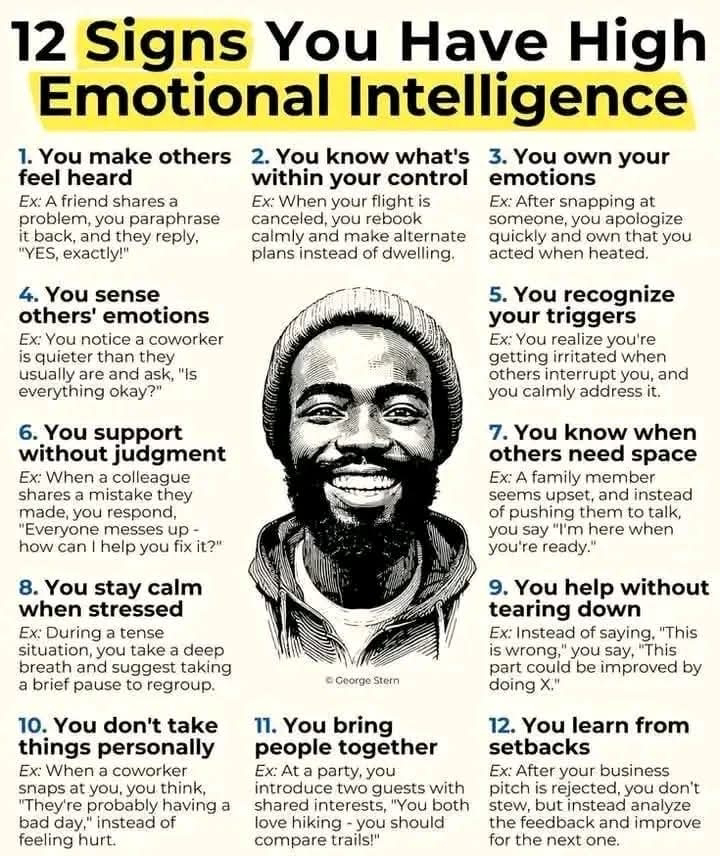Here are 10 valid points that offer an insightful review of the book:
1. Comprehensive Historical Scope: Ansary spans 50,000 years of history, beginning with the rise of early human civilizations and extending to the present. This extensive timeline provides a holistic view of humanity’s journey.
2. Interconnectedness of Cultures: One of the book's key themes is the interconnectedness of different cultures and civilizations. Ansary argues that historical events are often linked across borders, showing that we are all part of a global narrative, regardless of geographical separation.
3. Human Nature and Conflict: The book examines how human nature, with its tendency toward conflict, has shaped the course of history. Ansary focuses on how wars, violence, and strife have often been the forces driving change and innovation.
4. Focus on Cultural Contributions: Ansary does not just focus on political events but highlights significant cultural achievements. The book celebrates the contributions of various civilizations in arts, science, philosophy, and literature.
5. Analysis of Power and Empire: The author closely examines the rise and fall of empires, and how power dynamics have been pivotal in shaping the modern world. The book touches on the impacts of empires such as the Roman Empire, Mongol Empire, and British Empire.
6. Personal Perspective: Ansary’s writing is personal and reflective, as he shares his own perspective as someone who grew up in Afghanistan and later lived in the United States. This background provides a unique lens through which he interprets global history.
7. Storytelling Approach: Ansary brings history to life by weaving it into a narrative format. The book is not a dry textbook but rather an engaging story that presents complex historical events in a readable and compelling way.
8. Critique of Historical Narratives: The book critiques traditional historical narratives that often focus on Western perspectives, and instead, Ansary advocates for a more inclusive understanding that highlights voices and histories from all parts of the world.
9. Thematic Cohesion: Throughout the book, Ansary maintains a thematic cohesion, with a strong focus on how human culture, conflict, and connection have evolved over millennia. This thematic approach makes the book a useful tool for readers seeking to understand the bigger picture of human history.
10. Engaging and Thought-Provoking: Overall, The Invention of Yesterday is not just an informative history book, but also a thought-provoking meditation on the past’s influence on the present and future. It encourages readers to reflect on the patterns of human behavior and their impact on global culture.
In conclusion, The Invention of Yesterday offers a valuable and accessible perspective on world history, emphasizing the interconnectedness of cultures, the persistence of conflict, and the contributions of different societies. It’s a book that both educates and challenges readers to think critically about the forces that have shaped humanity.
Get the Book: https://amzn.to/4jBBqCs
You can ACCESS the AUDIOBOOK for FREE using the same link. Use the link to Register the AUDIO BOOK on AUDIBLE and start enjoying it.














